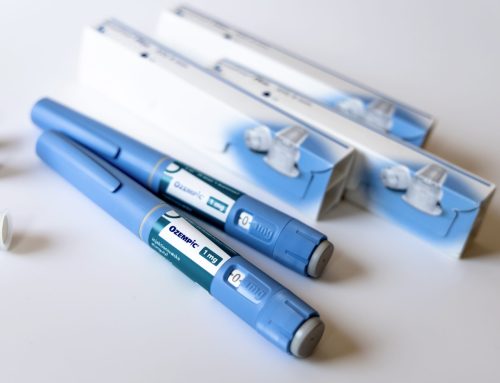
Regardless of the strides made in talk therapy and the millions of people that therapists have helped over the last century, some people are still apprehensive that talk therapy or psychotherapy works. Furthermore, there is still a perception that the need for therapy is a sign of weakness or inability to properly deal with their problems. As a result, a person struggling with addiction or a mental disorder may still avoid getting professional help at an addiction treatment center.
There is some truth to this perception. After all, a person who resigns to therapy admits that they are weak and have trouble dealing with their problem. However, seeking professional help is not a character flaw – quite the opposite. A person who is willing to get help demonstrates great maturity, and they want to improve the quality of their lives. They see the value in talking about their problems with a trusted professional.
Benefits of Talk Therapy
An individual therapy program is a blueprint for long-term recovery from addiction or mental health issues. Attending therapy demonstrates that someone is committed to lifelong recovery, not just getting clean. A client is doing more than just fixing the immediate problem. They explore answers to deep questions and want real solutions that will help deal with their biggest problems.
As a rule, symptoms of addiction or mental health disorders never go away. Addiction is considered to be a disease and often requires lifelong treatment. These conditions will come back, and when they do, they often come back with a vengeance. If the problem is never addressed, symptoms can torment a person for decades. Talk therapy is effective in identifying, addressing, and treating symptoms of mental or behavioral disorders.
One of the reasons therapy works is that people can solve problems in a neutral and safe setting. For instance, families dealing with an addicted person can talk about how the addiction is affecting each person. Family therapy programs can last for several weeks, allowing spouses, parents, and children to work together to recover from addiction and mental health problems.
Different Types of Talk Therapy
There are numerous options for talk therapy that can meet every need, regardless of the severity of the addiction. Some of the most common types of addiction therapy include:
- Cognitive-behavioral therapy
- Dialectical behavior therapy
- Experiential therapy
- Trauma-informed care
- Group therapy
- Psychotherapy
The only way to move forward past an addiction is to talk about why addiction is happening in the first place. A person who keeps things bottled inside will remain in the addiction cycle indefinitely, never knowing why they can’t shake the addiction. Talking about the problem often reveals answers that the person never knew existed. Therapy also gives them a platform to vent and let off some steam. For many, therapy is a useful outlet for stress and negative emotions.
Therapists are excellent listeners. They do not preach or tell you what to do. They do not judge you or use harsh language to get you to change. Therapists are always looking out for your best interest. Best of all, they are always there. Substance abuse treatment programs include telehealth services that make therapists even more accessible than before.
Talk Therapy at Georgia Addiction Treatment Center
If you are struggling with an addiction or mental disorder, help is available at Georgia Addiction Treatment Center. We provide addiction treatment therapies that can help you through every stage of recovery. Contact Georgia Addiction Treatment Center to find out more about talk therapy and your treatment options. We are here to help you get on the path to recovery. Reach out to our team at [Direct] today.




